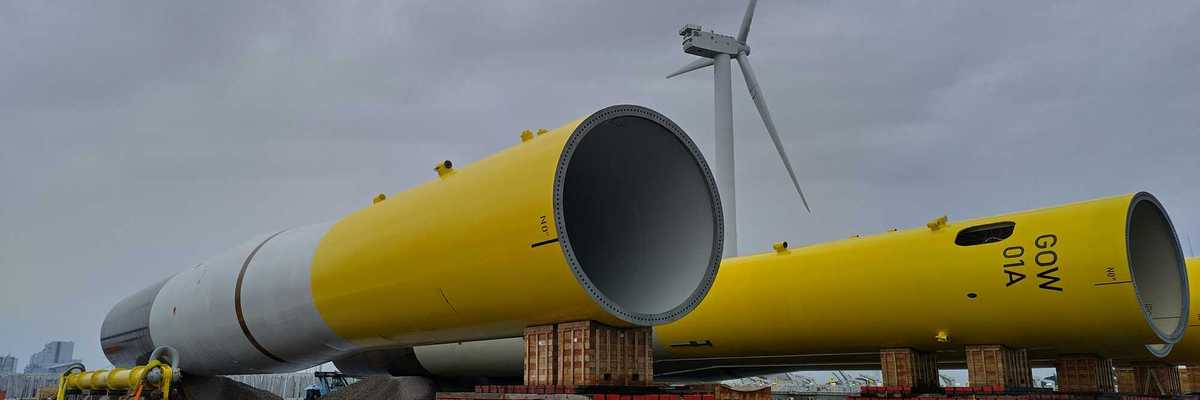prices
Uncertain weather forecasts are raising grocery costs
Predictions of extreme weather events are increasingly affecting food prices, driving up costs even before actual climate shocks occur.
In short:
- Weather forecasts can prompt food manufacturers to raise prices in anticipation of supply chain disruptions.
- Increased costs in production and transportation due to extreme weather are often passed on to consumers.
- The resilience of the food supply chain mitigates some impacts, but rising frequency of climate events threatens stability.
Key quote:
“When it comes to the climate risk on food prices, people typically look at the production side. But over the last two years, we learned that extreme weather can raise food prices, [cause] transportation disruptions, as well as production disruptions.”
— Seungki Lee, agricultural economist at Ohio State University
Why this matters:
As meteorologists warn of potential droughts, floods, or hurricanes, commodity traders react swiftly, often raising prices and premiums to mitigate perceived risks. These preemptive hikes ripple through the supply chain, ultimately reaching consumers who are already strained by rising costs.
Spain hit hard by rising price of olive oil as climate change takes its toll on production
Drought and extreme heatwaves have halved Spanish olive oil production. The price at origin has increased by 112 per cent since last year.
Report shows without changes, push to meet climate goals could add $10K to $23K to median single-family home cost
Should you buy an electric car? Advice for people on the EV market
The limited supply of EVs is colliding with unexpected demand. Despite inventories at a fraction of their pre-pandemic levels, EV sales are outperforming even the more optimistic projections of a few years ago.
New European Union laws to raise up flight ticket prices
Recently reinforced EU laws aim to reduce aviation pollutants to address climate change, which means that travellers will have to pay more for their air travel tickets.









